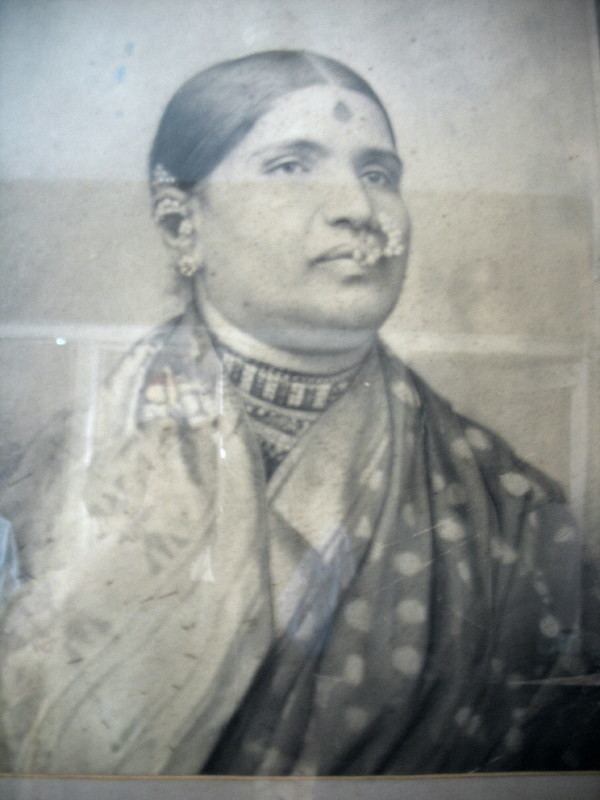Mumbai: Prior to 1947, many Indian citizens reacted instinctively against the British. Without getting too deeply into the subject of pre-independence movements, sport was something that stood out for India in the early twentieth century.
The Hockey team’s notable Olympians opened the path for India to develop its own identity as a sporting force. They were preceded and followed by a number of regional football clubs created throughout India as a form of passive resistance during the independence movement.
Ramabai Ranade’s Seva Sadan Society was one of these organisations that emerged against British. This, however, was no ordinary ‘non-cooperation’/civil disobedience movement against the British. It was a reaction to Indian patriarchy, which was seeing its first wave of women seeking to break free from oppression.
The Seva Sadan provided a location for women to work in a safe environment. At a period when reform initiatives were being introduced in India, Ramabai Ranade went a step ahead and truly permitted women to perceive and believe.
What truly stood out was that while living at the Seva Sadan, ladies were also introduced to sports. The images shown above feature two women playing table tennis. This may come as a surprise to some who believe table tennis to be a relatively new sport in terms of popularity and accessibility. But it is precisely for this reason that India is a place of unexpected.
A fascinating photograph of two Marathi women playing table tennis draped in Kasta sarees in colonial India. The history behind this image is quite remarkable. A thread: (1/5) pic.twitter.com/fNurxY6UDR
— The Paperclip (@Paperclip_In) October 3, 2021
Access to sports facilities was a problem for millions of Indians in the early twentieth century. However, access to sports for divorced and marginalized women was propelling Indian creativity to a new level of social development. This is why the Seva Sadan was unique in that it allowed sport to open up a whole new channel of activity for women as well as helped in showing resistance to British rule in the 20th century.





















